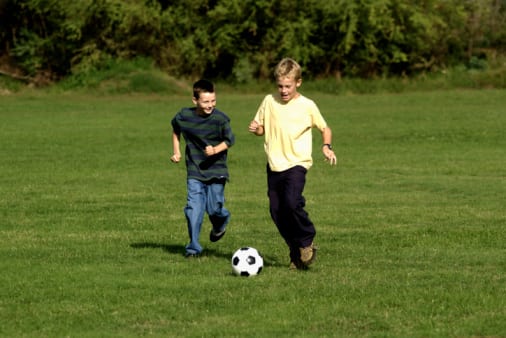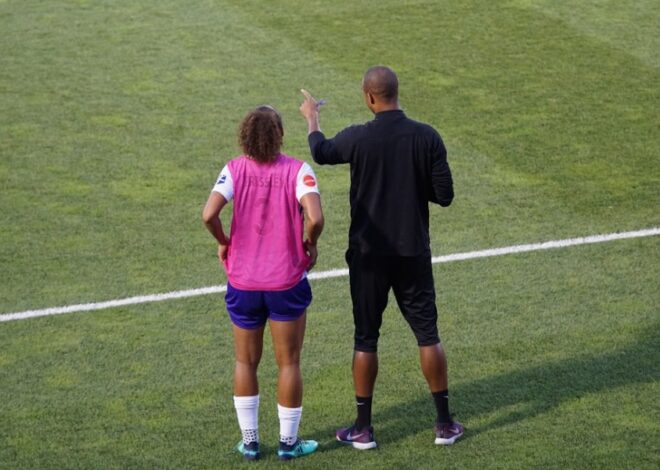 I often tell people that I believe my child will have some sort of specialty job as an adult and probably even live on his own. Often I add, “He may not have any friends.”
I often tell people that I believe my child will have some sort of specialty job as an adult and probably even live on his own. Often I add, “He may not have any friends.”
With that in mind, my child has said to us, “Why do I have to have friends?”
After I pick my heart up from the floor, I typically answer, “Well, you don’t really. But we’d like you to learn how to have friends.”
So, I ask the question… Will our kids have friends?
At the end of the school year last year, I was floored when my child announced that he had a best friend at school. What a joyful moment, one I will never forget.
Was it a typical situation?
Not really, unfortunately. In reality, the boy was Korean and did not speak much English. When my son looked at him and said, “You’re my best friend,” the boy smiled but did not really react like a true best friend. He actually didn’t react at all nor did he say anything.
Even though my son announced it, I’m not sure the boy knew that he was my son’s best friend.
I watched the two of them together one time and the Korean boy let my son follow him around the school year. But the pair certainly didn’t act like a typical set of best friends.
What good can that do?
Well, I still remember the joy I felt when I heard my son tell me he had a best friend. I remember his smile. I told him I was proud of him. It was such a positive step for my son to take. Even if I may be slanting it a bit, it was progress.
He had never said anything like it before. Every once in a while, I would talk to him about a few kids he’s known for years. “Aren’t they your friends?” I’d say. “Yeah, I guess so,” would be his typical answer.
Was that the only other “friend experience” for my child?
Around the same time my son believed he had his first best friend, we were at the school open house. For open house, parents are treated to a variety of projects that had been made by their children throughout the school year and it is a gathering of kids and parents.
After looking at our son’s projects, we went to the schoolyard. It was on the schoolyard that we got a special treat and it was another proud moment I will never forget.
For twenty minutes, my husband and I watched our child run around the schoolyard with other kids. What was special about it?
It actually appeared as if our child was a part of this group and not just “doing his thing” near the group. The parallel play I had seen many times, but this time was different.
My husband and I decided we were watching the real thing when the group of kids made it a point to include my son in their play. The group ran around the yard playing like typical kids and our son was really a part of the group!
This was so satisfying that we couldn’t stop watching. My child was smiling and running around with the group. We saw him make sure he stayed with the group. The best part was watching the kids make sure our child remained in the group.
All of this from a child that admits he doesn’t know why he has to have friends and says he prefers to play alone. On the walk home, we talked to him about the fun he appeared to have with his friends. “Yeah, I know I did,” he said to us.
Why do I bring up these moments?
Because you have to remember the good moments as well as the bad. The Korean boy wasn’t really my child’s best friend, but that didn’t stop me from latching onto a teaching moment with my autistic child. “It’s a really good thing to have a best friend,” I told him. My child was so happy, I could see it in his face. I told him I was proud of him.
And the school group play was even better.
Is my son always welcome into the school groups?
Probably not. But on this night he was. Again, we let him know how proud we were of his effort.
What did we teach our child?
That the effort has to be there on his part as well as on the part of others. The Korean boy did not “return the favor,” but the group of kids on open house night did.
What my child has to remember is to put out his own effort, as well as the recognition of others. He also needed to read social cues from the Korean boy, which he failed to do.
Making friends is simply not that “natural” for our kids. As a matter of fact, they often shy away from their peers. Our autistic kids don’t easily understand people and their peers often don’t understand them.
What should we do about “friend making?”
Find those teaching moments.
Enjoy the successes, and communicate your joy to your child. They are to be celebrated. Remember them and write them down.
Why?
Because you are parents of an autistic child. These moments are the good ones. They should be remembered just for their goodness and their indication of progress.
Good moments may make you feel good about your approach. They are a “double check” for me. Am I doing the right thing? Is my approach working? Do I see progress?
Talk to your child about these good moments, and make sure you are an active participate in helping to create them.
Parents of autistic children deal with a lot on a daily basis. Those good moments are our respite! So cherish them.





